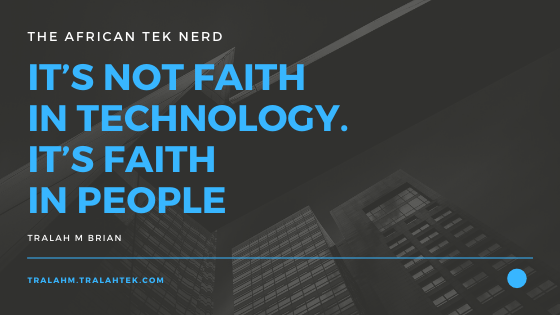The Implications of the use of Technology in fighting Covid19 on Democracy and Civil Liberties
A timely diagnosis of the contemporary social and political dominance of feelings over facts amid the pandemic.
Edward Snowden weighs in on the potential impacts of the use of technology in fighting the coronavirus pandemic and addresses himself to matters civil liberties post covid19. He also describes what he calls the construction of an architecture of oppression and how this mechanized surveillance system has become an unstoppable monster.
Thoughts
In our own time, science and expertise more broadly seem to have lost their capacity to unite us on a common ground, with facts themselves often leading not to peace but to conflict.
If crowds matter at all, it is because of the depth of feeling that brought so many people into one place at one time. As in the wars that dominate the nationalist imagination, crowds allow every individual to become (and feel) part of something much larger than themselves.
The nervous system, which produces pain, arousal, stress, excitement, has become the main organ of political activity. It is as feeling creatures that we become susceptible to contagions of sentiment, and not as intellectuals, critics, scientists or even as citizens.
As it happens, underlying the technocratic state and its mathematical approach to governance, as is described in William Petty’s 1672 Political Arithmetick, is found a quest not for peace, but for power.
